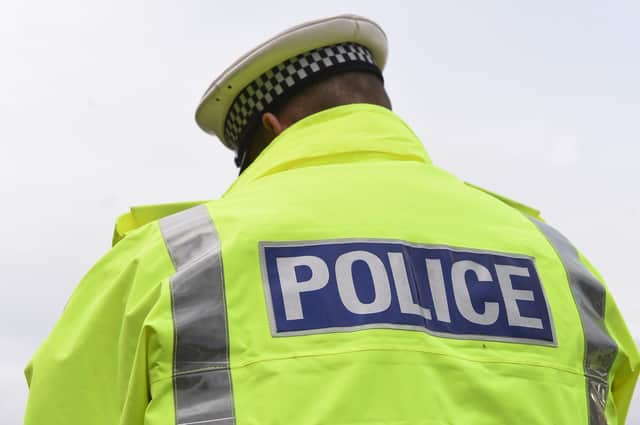Low level crimes 'unlikely' to end in prosecution


Home Office data shows just five (0.6%) of 898 thefts 'from the person' – which includes pickpocketing and bag-snatching – reported to Northumbria Police in the year to September resulted in a charge or summons.
A further 4,455 thefts from vehicles over this period saw only 2.6% result in a charge and just 1,858 reports of bicycle theft in the force area resulted in just 30 (1.6%) offenders being charged.
Advertisement
Hide AdAdvertisement
Hide AdMeanwhile, a mere 31 charges were brought for ‘bilking’ – driving off from petrol stations without paying – despite 2,490 crimes being reported.
Rick Muir, director of the Police Foundation, said police need greater resources to investigate low-level crime.
He said: “Charge rates have been falling for a number of reasons, partly owing to austerity and fewer police officers to do the work and also because the mix of crimes reported has changed and become more serious and complex.”
He added: "The police have had to ration what they do with reduced resources and this has meant they have prioritised high harm, more serious crimes – such as sexual crime, serious violent crime and domestic abuse."
Advertisement
Hide AdAdvertisement
Hide AdThe Crown Prosecution Service and the National Police Chiefs' Council said in a joint statement they want people to "report crime with confidence", in the knowledge their case will be "thoroughly investigated".
They added: “The criminal justice system has seen a period of unprecedented change with the pandemic, pressure on the courts and the significant growth in digital evidence increasing the complexity of cases.
"We are working together to rise to these challenges and help the charge rate increase.”
A Home Office spokesperson said: “We are working with partners across the Criminal Justice System to increase the number of cases being charged and prosecuted, and reduce the time taken to reach this point.
“We continue to support the police in delivering justice and high-quality outcomes for victims, including through record levels of investment and the recruitment of 20,000 additional officers.”